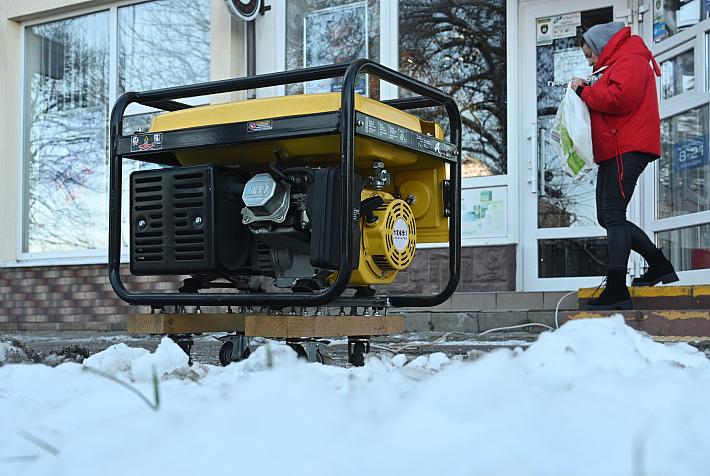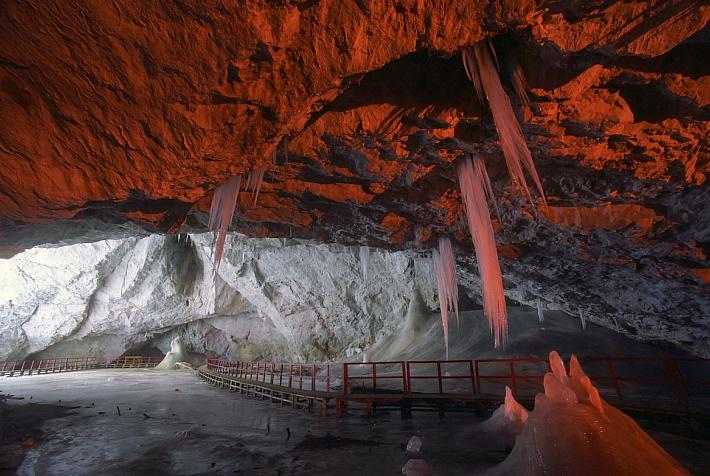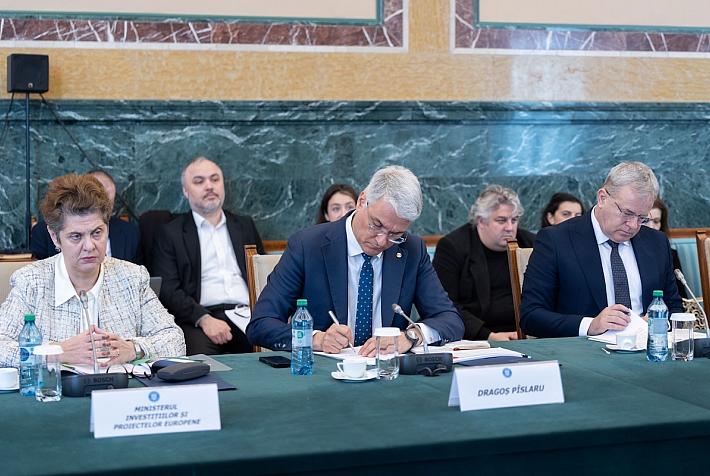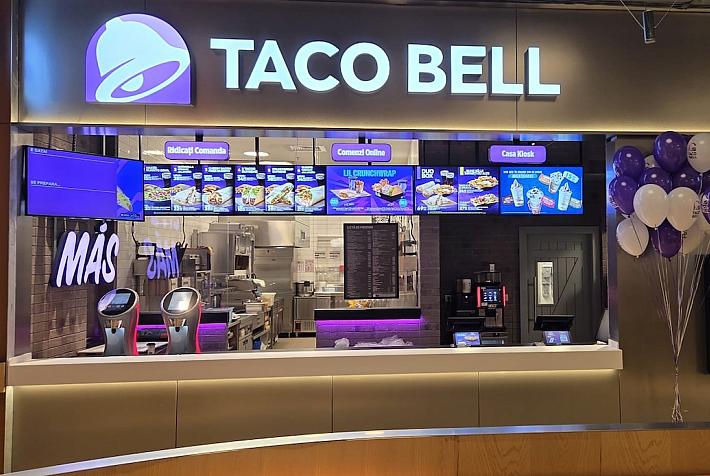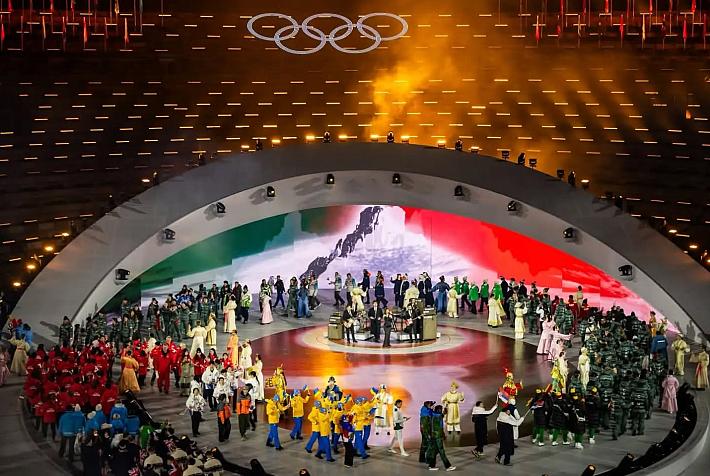Romanian film review – Playful, adventurous, experimental: Current movies & festivals
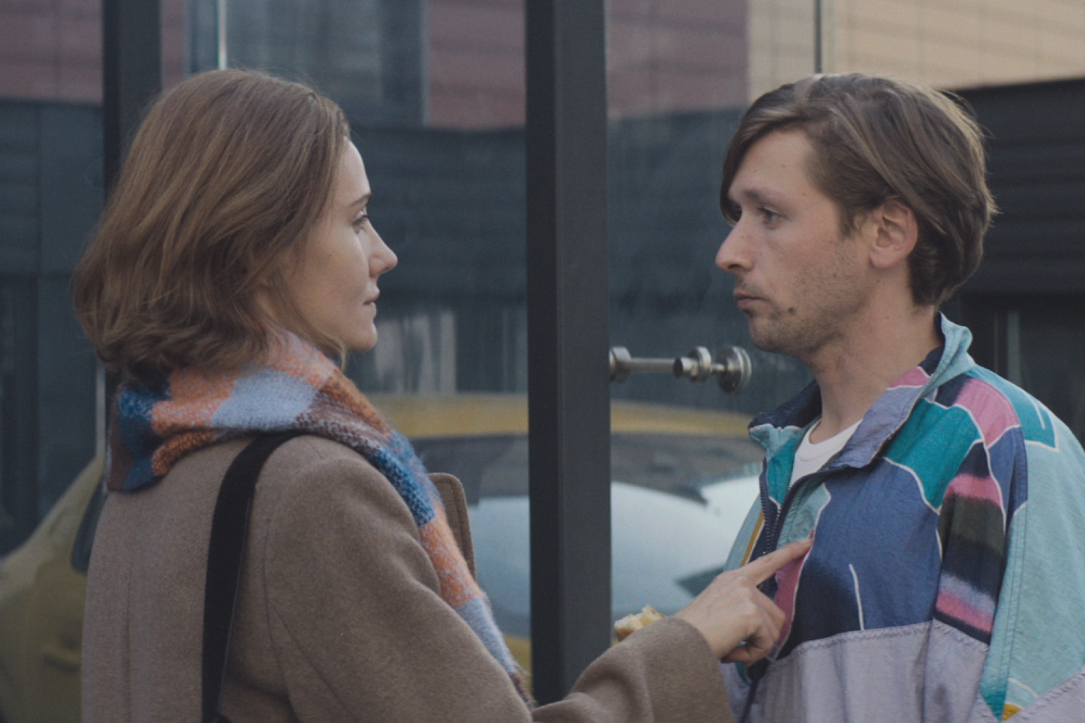
Here we go again, it is September, and everything is happening at once, everywhere. Most cinema premieres are planned for autumn, so are many film fests. The reason are manifold, from the end of vacation to how local financing for culture works.
After having been screened at festivals or events (most recently The Long Night of Romanian Film), Andrei Crețulescu’s Ext. Mașină. Noapte/ Ext. Car – Night and Gabi Virginia Șarga and Cătălin Rotaru’s Unde merg elefanții/ Where Elephants Go are fresh in theatres, and fresh is also what they are. Andrei Crețulescu has been directing metafictional, genre-mixing movies for a while now, working with the same group of actors, and quoting (I assume what must be his) favourite classics, and musicians. There is great joy in discovering a quote, an allusion, an homage in these films, and Ext. Car – Night is no exception. In its very short running time (a compliment), the film has three parts: a thriller, a scene from this pic’s pre-production and a long drive with the actors talking. It is entertaining, insightful, but also sometimes a bit too cool (or trying hard to be cool). This is a constant in Crețulescu’s pics but does not ultimately take away from their fun and playfulness. Playful also sums up Where Elephants Go. The story of a young girl who has cancer, her mother, and a slacker they meet randomly is a film that verges very very close to cliché and cheesiness but avoids it last minute and has so many good moments. It drew me in despite some of my resistance, I have to admit. The directing duo has a refreshingly different take on plot, dialogue and (conveying) feeling, which makes their film a peculiarity in Romanian cinema and such a welcome one, a surprising mix of drama and comedy, utterly unafraid of risking being silly or too emotional. The camera is equally playful and free.
Not a Romanian production but such a great example of the ideal combination of form, length, and story, and thus very worthy of a mention, is Szabolcs Hajdu’s Kálmán-nap/ Kalman’s Day (Hungary/ Slovak Republic). Hajdu directed Bibliothèque Pascal in 2010 and the film struck like lightning. It was a brutal, imaginative, mad ride of a thriller and so very distinct. Partially set in Romania and with local cast, it was unlike any film in general but most of all unlike any Romanian film I had seen (and have seen since then). I remained curious about his films ever since, and while his most recent is such a different story in tone and style, it is just as intelligent and entertaining. Kalman’s Day is a chamber piece based on a play written and staged by Hajdu and the same actors. This is classical fare, two couples thrown together in a tense context and a small space, but it is a compact, sharp and very funny film. It avoids psychologisation and dramatics (there is a fair amount of hysteria and these type of stories, see Carnage or Who’s Afraid of Virginia Woolf?) and remains calm and light while being wise enough to hint at more.
Being from Brașov, I am always thrilled to see anything cinema-related happening here, mostly because I see little interest for film events. At least they don’t seem to take off as well as other types of happenings. I remember festivals coming here on tour, fabulous ones, like Animest, and the empty venues. I could venture to list some reasons, from being a tourist city mostly or having had poor local funding for culture but a thorough take on this would require a separate column (or more). The city has been hosting niche festivals that are related to its mainstream attractions, but there is not much awareness of them or interesting fest weeks in terms of content and participation. Maybe also because they are not the most imaginative takes on these tropes. But this is me being quite critical and let’s say they are here, which is good, and one can only hope for more. This is a Transylvanian town, so there is Dracula Film Festival, and a city in the mountains attracting tons of tourists, so this is the week of Alpin Film Festival. The focus speaks for itself, and the mountains are paid homage through film, literature, and photography. There is a national and international competition, short films – documentaries are the leading genre – as well as an animated feature and two special screenings, these being the most interesting. Adrian Petringenaru’s Cireșarii (1984) is based on Constantin Chiriță’s eponymous, very popular young adult series, published initially in the 1950s and 1960s. I grew up reading them in the 1990s and I remember they were quite the hit. Salt for Svanetia is a 1930 silent documentary directed by Georgian (then Soviet) director Mikhail Kalatozov. It is a romanticized but dramatic, striking look at the population in the Svaneti region of Georgia, and one of the earliest ethnographic docs.
Festival are so many in Bucharest and these weeks are truly something. Currently, BIFF is happening, Bucharest International Film Festival, and on 24 September it is BIEFF time, Bucharest International Experimental Film Festival. For those of you (rightly) confused, here is a little help: BIFF is screening Romanian and international features, mostly recent ones while BIEFF focuses on experimental and hybrid cinema, new and older. Attending both would be a great combination, but I have to say BIEFF is closer to my heart and would recommend it highly because of its careful, involved, thoughtful curation and side events. But more on this festival during its running week.
By Ioana Moldovan, columnist, ioana.moldovan@romania-insider.com
Photo info & credit: still from Where Elephants Go (curtesy of Noaptea Albă a Filmului Românesc)








